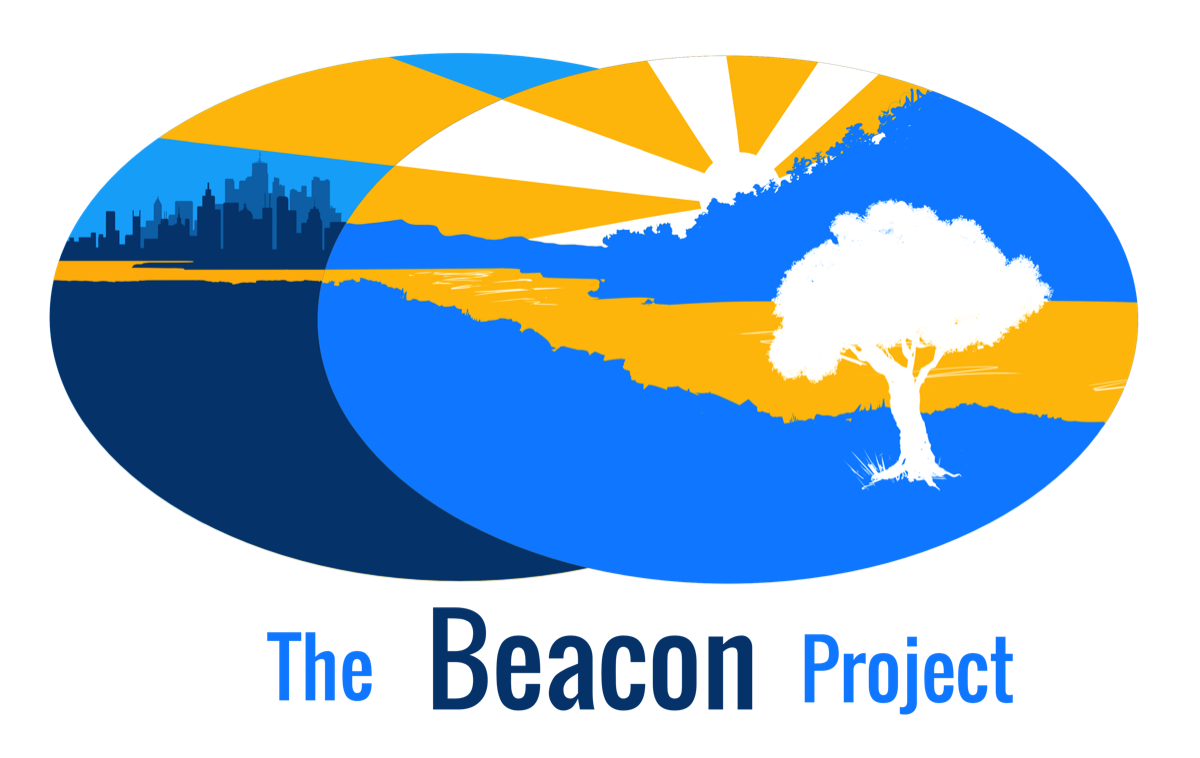
We work to combine biodiversity and energy justice to resolve conflicts between Sustainable Development Goals.
The Beacon Project is an interdisciplinary scientific research programme that uses large hydropower development as a model system to investigate trade-offs between different United Nations Sustainable Development Goals (SDGs).
The SDGs promote global economic and social prosperity while simultaneously seeking to protect the environment. However, our increasing global energy demand challenges whether we can have secure, affordable and equitable energy without adversely affecting people and the environment. Trade-offs and conflicts between SDGs and stakeholders prevent realisation of the 2030 sustainable development targets.
Our aim in The Beacon Project is to work with stakeholders from local to global scales to increase equity in sustainable development decision-making and develop new evidence-informed ways to tackle global challenges. To help realise the goals of The Beacon Project, we work with many project partners and collaborators all over the world, including in Brazil, Kazakhstan, India, the USA and UK.
The Beacon Project is funded by a UKRI Future Leaders Fellowship awarded to Dr Isabel Jones (MR/T019018/1), based at the University of Stirling (Scotland, UK).
Power Up!
A mobile phone video game about Sustainable Development Goal trade-offs, freely available in multiple languages from Google Play and App Stores.
More than 2 billion people play video games regularly. We believe video games have huge potential to directly link people with research-led data collection. With so many potential players we think it’s possible to use video games to generate the large-scale data needed to help inform sustainable development decision-making and help solve global challenges, such as achieving a just transition to address the climate emergency.
Working with game developers at Hyperluminal Games we have developed a video game for mobile phones called “Power Up!”. Players manage their game world and make choices surrounding hydropower energy generation, river and land biodiversity conservation, community prosperity and decision-making equity. Game play decisions are collected, so by playing the game, people can directly generate a global dataset of sustainable development decisions and priorities. We will analyse this dataset to help us understand how many different people make difficult decisions about sustainable development trade-offs. Ultimately, we want to take this dataset and our analyses to real-world decision-makers, to help inform the decisions needed for a sustainable and equitable future for people and the planet.
People
Dr Isabel Jones
Project Leader
Isabel is a UKRI Future Leaders Research Fellow based at the University of Stirling (Scotland, UK). Isabel (Izzy) is an ecologist by training and has worked on social-ecological systems for several years. Her research has included investigating the long-term impacts of tropical forest fragmentation and forest regeneration in the Brazilian Amazon and Panama, as well as conservation conflicts in Kazakhstan and the UK. You can learn more about Izzy and her previous research and other active research projects via her personal website, Twitter and Instagram.
Dr Chris Littleboy
Postdoctoral Research Fellow
Chris has a background in development economics, working on the links between natural resources, property rights, and development. On the Beacon project, he uses satellite imagery from 1984 to today to compare how large dams have changed land use and caused forced displacement globally. Chris also leads on the Kazakhstan case study, researching irrigation infrastructure and water scarcity on the Syr Darya river basin. Visit Chris’ personal website to find out more about his research and interests.
Dr Garima Gupta
Postdoctoral Research Fellow
Garima's research interests include biodiversity conservation and community-based conservation approaches. Garima has a background in conservation biology, having obtained her doctoral degree from Newcastle University where she explored the importance of historical data in conservation science and decision making and was involved in the IUCN Green Status of Species assessments. On the Beacon Project, she is leading on the India and Scotland case-studies using social-science approaches to study how large dams can result in forced displacement, and impacts to livelihoods, food security and socio-cultural connectivity. Visit Garima’s research profile to find out more about her research and scientific outputs.



